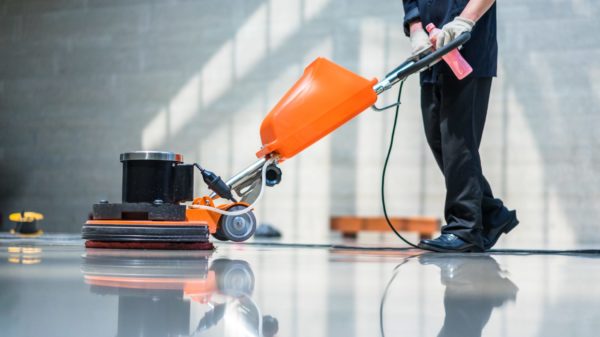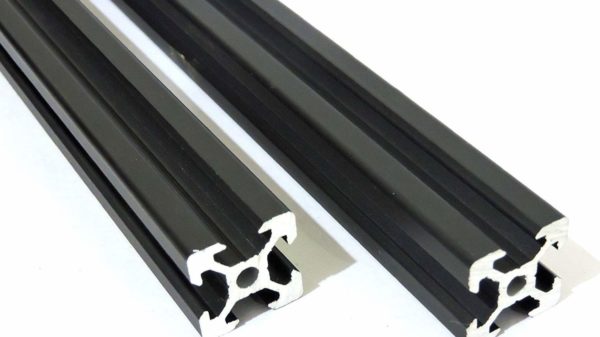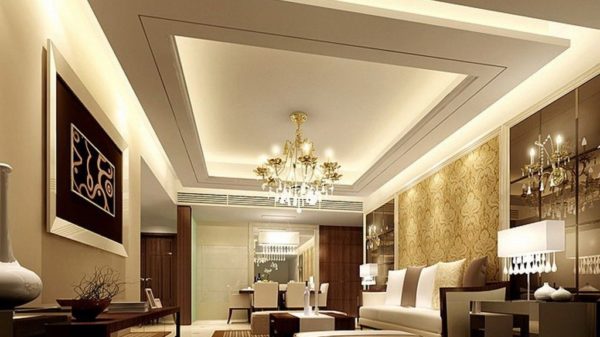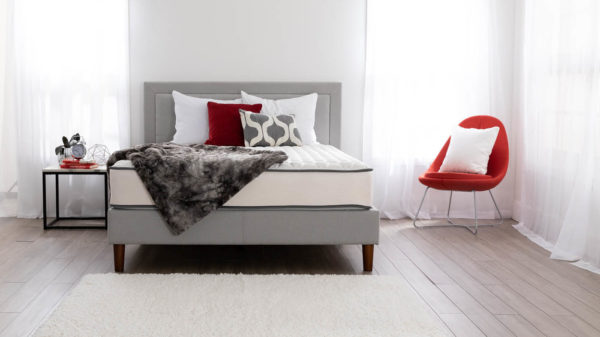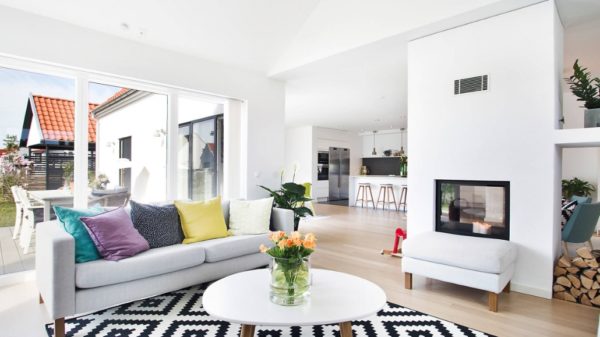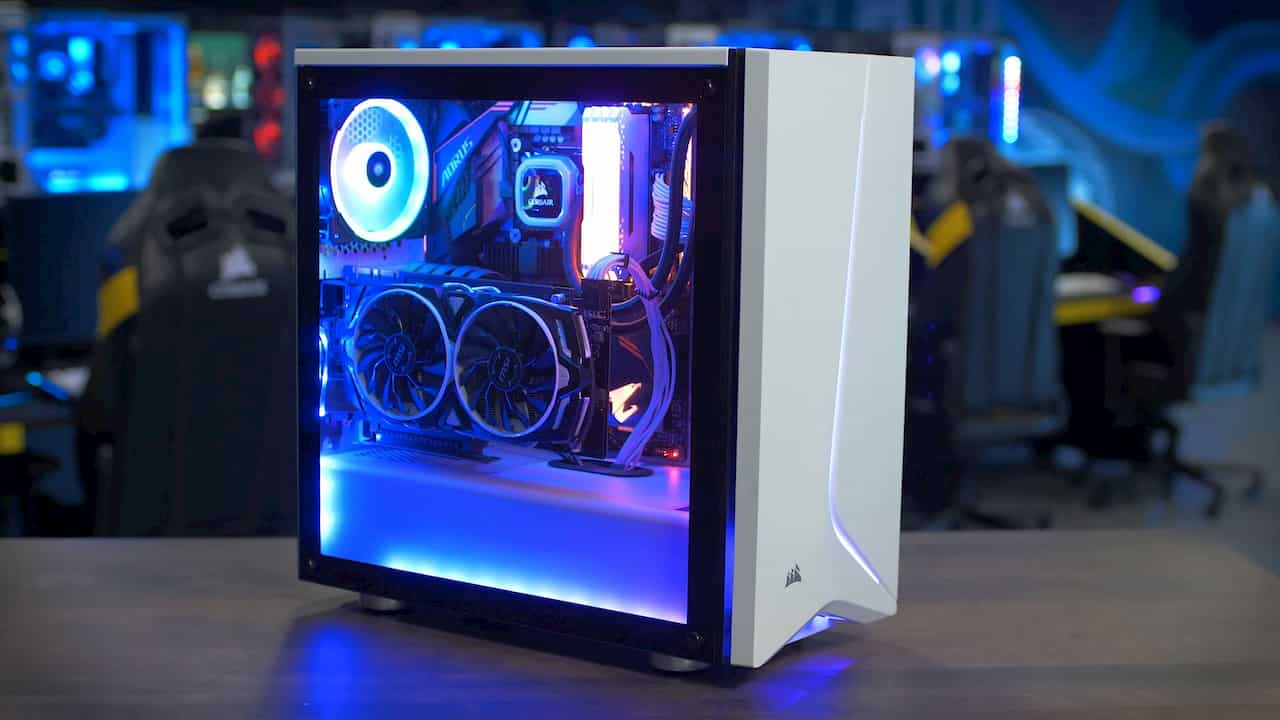Laptops and desktops are a big deal for gamers. To those who don’t play, an iMac or the top-the-line Windows PC is probably the best already. But in the eyes of an avid gamer, not even the flagship PCs can impress them unless it’s specifically designed for gaming.
Gamers set their sights on the best gaming PCs. It’s not like an ordinary consumer PC. Gaming PCs are much more expensive and sophisticated in features. They also have a signature look, particularly the blue and red keyboard lights. They’re mainly just for the effect, making gaming feel more immersive.
However, being an avid gamer isn’t enough of a reason to splurge on a gaming PC. Its price tag may be justified, but if you can play games just fine on your existing laptop, do you really need another one? It’s easy to say yes if you want a gaming PC badly. But it won’t hurt to consider these factors first:
- Your Budget
Since gaming PCs are way pricier than consumer PCs, consider your budget first and foremost before buying one. The pandemic also left an impact on the gaming PC market. Luckily, Intel and AMD both reported that the prices of their PC components have remained stable. But Intel, in particular, reported that monitor and power supply prices had increased a bit. What’s more, the availability of parts has dropped.
Now that shipments are moving faster again, though, the availability of parts may have improved. If you can’t afford a pre-made gaming PC, building one yourself may be easier on your pockets. A high-quality custom PC builder may only cost less than $1,000. It can go up, depending on the processor and other features you’ll get. Still, it’s an economical option compared to a pre-made gaming PC that can cost as high as $3,000.
- Your Skill in Building Your Own PC
Since building your own PC is a cheaper alternative, ask yourself next if you can actually do it. Also, consider the possibility that you’ll only end up with an entry-level gaming PC. A budget of $300 to $400 can only afford such. If you want the best, cost-efficient DIY PC, you should spend at least $800.
There’s also the matter of your skills, not to mention patience. Building your own PC means hunting for the best parts within your budget and testing your work multiple times. But if you succeed, the hard work will be worth it. You’ll also gain some skills after DIY-ing your PC. You can detect issues more efficiently and fix them quickly. Your friends and family members can rely on you when they’re having problems with their PCs. Free services are probably the last thing you want to offer, but in time, when people outside your circle discover your skill, you can start charging. More importantly, your skill in PC-building is essential in the corporate world.
- What Makes a Gaming PC Different?
Aside from its masculine look and telltale blue and red keyboard backlights, gaming PCs differ from regular PCs in other ways. First, they have a high-speed, unlocked CPU. This allows you to improve the CPU’s performance levels beyond the manufacturer’s specifications.
Second, gaming PCs use high-end air coolers. Some have water cooling, which moves heat away from important components more efficiently. Regular PCs only use metals with high thermal conductivity, like copper or aluminum. While they work in dissipating heat effectively, they still make a hard-working PC prone to overheating.
The RAM in gaming PCs and regular PCs also differs. Naturally, gaming PCs have higher RAM capabilities, increasing the processor’s overall speed. The audio quality of the two PCs has significant distinctions as well. Since gaming offers an immersive, almost true-to-life experience, a gaming PC’s audio quality is much crisper.
That said, do you really need a gaming PC apart from a regular PC? A choice that makes the most financial sense is going for a gaming PC alone. With such cutting-edge features, a gaming PC can function well as a business laptop, too. It’s notably more beneficial if you’re in the creative industry. A gaming PC shows colors better than a regular PC. If that’s the case, why would you need a separate PC for working?
- Your Passion for Gaming
Lastly, consider if you’re passionate enough about gaming. Often, we buy things for our hobbies simply because we enjoy them now. We’re not thinking about the long term yet. Hence, when our hobby loses its allure, the things we bought for it also lose their purpose.
Conclusion
If you’re targeting professional gaming, then, by all means, buy or build a gaming PC. Otherwise, ensure that you’ll be consistent with your gaming activity. A gaming PC is one of the most important investments you’ll make, so don’t spend on it on impulse.
Meta title: Things to Consider Before Buying Your First Gaming PC
meta desc: Are you planning to set up a gaming PC even though you already have a top-of-the-line computer? Before buying your first ever gaming PC, step back and consider these factors first.




